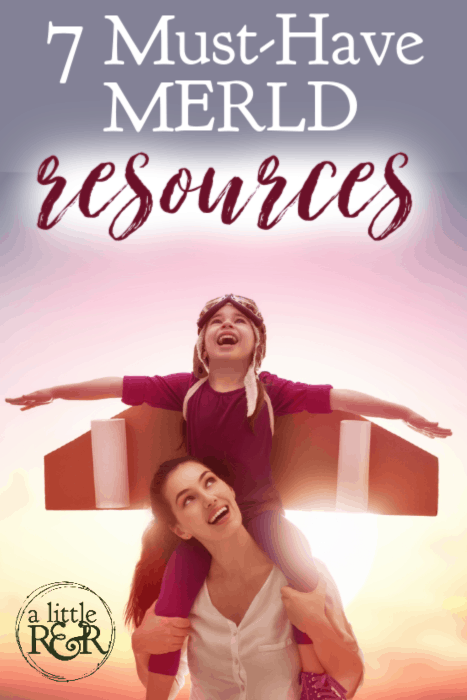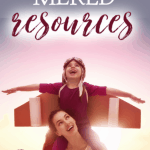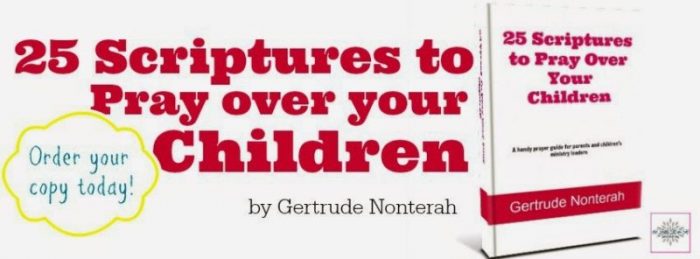7 Must-Have MERLD Resources
I hope you love the products and resources I recommend here at A Little R & R. Just so you know, it is possible that I get a commission and collect income from the links on this page. Click here for more info. I am not a doctor, none of the information on any of these pages pertaining to the Ketogenic Diet or Adrenal Fatigue should be considered medical advice and should not replace the care of your personal physician. I am simply eager to share the information I have learned while on my own journey to health. Before you embark on this journey, please consult with your physician.
I don’t think I’ve spoken to one person who knows what MERLD is.
If you’re here, you may be wondering, too, what it is. Or if you know about MERLD, you’re probably scrambling to find as much information as you can….and realizing there isn’t a lot out there.

MERLD stands for Mixed Expressive Receptive Language Disorder, and it isn’t as rare as you might think.
Language delay and language disorders are actually quite common, and more common in boys than in girls.
I first learned about MERLD while doing some research on Einstein Syndrome, after having read the book The Einstein Syndrome by Thomas Sowell.
Because most people who have examined our children are puzzled by their marked intelligence in math, music, and memory (or what is known to MERLD and Einstein Syndrome as “The 3 M’s”) and obvious delays in language development, I have determined to become as educated as I can about their needs.
7 Must-Have MERLD Resources
When our oldest was 7, I tried to enroll him in first grade.
He would answer questions with a completely unrelated answer. For example:
School Official: “Robert, how old are you?”
Robert: “I lost a tooth!” (opens mouth and points to gaping hole)
And yet, 2 minutes later he looked a set of words on the table and read the word “Swing set” which in Croatian is spelled ljuljačka – a 3-syllable word.
The school officials were stumped by his lack of receptive language and his ability to read a 3-syllable word with no problems.
Over the past several years, I have put in hours and hours of research in an effort to understand what my children were struggling with, and whether their language difficulty was entirely because of their bilingualism or something more.
We spent a lot of money on speech therapy, which helped some but not enough to make it worth the financial investment.
Truth be told, they improved more at home with me as I worked with them slowly and patiently – giving them ample breaks allowing their brains to rest and catch up.
Then, about three years ago I discovered the term MERLD – and the more I read up on MERLD the more I knew that this is what we were dealing with.
Not long after, both of my children were diagnosed with MERLD.
Since that time, I’ve narrowed down my research to this particular language disorder, and here are the resources I have found helpful to us.
1. Late Talking Children
Late Talking Children – a Symptom or a Stage hands down, has been the greatest tool for me.
Written by Dr. Stephen Camarata, who is a Professor of Hearing & Speech Sciences and Psychiatry & Behavior Sciences at Vanderbilt University, this book is a handbook for parents of late talking children.
While he encourages testing, he also carefully gives parents tools they need to use when speaking with medical professionals and IEP teams regarding their children.
He clearly warns against various misdiagnoses and quack treatments.
He is also an advocate for homeschooling. I can’t recommend this book highly enough. It needs to be on the book shelf of every parent whose child has a language delay.
2. MERLD Facebook Groups
The following Facebook groups have been of great help to me. Following the advice of Dr. Stephen Camarata, these groups have been a great encouragement to me.
There are veteran parents in the group whose children have graduated high school and are now in college as well as parents who have recently discovered their children have a delay….and every parent in between.
These groups are heavily monitored, so only clear and accurate advice is given.
I have been in many Facebook groups for language delay and disorder, and these three groups are the ones I’ve stuck with.
3. The Einstein Syndrome
As I mentioned earlier in this article, my journey to understanding exactly what we were dealing with concerning our children began with The Einstein Syndrome by Thomas Sowell.
Thomas Sowell is a brilliant economist and social theorist who years ago became an authority on late taking children after having written about his son in a syndicated newspaper column.
The response to his column led him to offer a survey, which further led to his research and the term he coined Einstein Syndrome – describing late talking children who have above average intelligence.
The term Einstein Syndrome became the title for a book, which was a follow up to his first book on the subject titled Late Talking Children (not to be confused with Dr. Stephen Camarata’s book of the same title).
4. Different
This book was a huge game-changer for me.
While Different, by Sally and Nathan Clarkson, is not a book about MERLD, it is about a boy with an alphabet soup of diagnoses…and how their family did more than just cope.
They thrived.
Actually, any book by Sally Clarkson is a recommendation by me, but this book in particular helped to give me insight into how my son feels when he is fidgety, and the importance of giving him tools that will help him function in society – despite his setbacks.
I can’t recommend this book highly enough. It is a must-read!
5. Play To Their Strengths
While Play To Their Strengths, by Brandon and Analyn Miller is also not a book about MERLD – or late talking in general – the principles in this book have been a tremendous help and encouragement in working with my children.
This book is based on the principle of of helping your child develop their strengths, as opposed to constantly pushing them to strengthen their weaknesses.
It helps parents to understand the futility of focusing on areas where your child may never be strong, and recognize the value in setting your child free to pursue those things that will help them fly and succeed in life.
But what I love is how they recognize that success doesn’t always look the same for every child.
It’s not about who is the star and who is leading the pack, it’s about what makes you child’s “eyes shine”, as they term it.
It’s about what makes your child feel like a winner!
And that’s why I love this book!
6. Teachers Pay Teachers
There are so many useful resources on Teachers Pay Teachers that I have found to use with my kids.
I look for speech and language development, “WH Questions” (which MERLD children seem to have the most trouble with), and vocabulary resources.
Usually resources on TPT do not cost much – just a few dollars – and they are so many Speech Language Pathologists, Speech Therapists, and other experts that offer printable resources you can use at home with your kids.
TPT is a gold mine for me!
7. The Fervent Mama posts
A few years ago, I connected with Brooke from The Fervent Mama and we’ve talked many times since then about our commonality as moms with late talking children.
I wept as I read her first post about speech delay, because I finally found someone who understood what I was going through!
I recommend her posts as encouragement and support in your journey:
To the Mama of a Late Talker, I See You
4 Things You Can Do at Home to Help a Child With Speech Delay
Here are the other posts I wrote on MERLD:
6 Things You Need to Know About Homeschooling a Kid With MERLD
6 Things I Learned About Homeschooling a Kid With MERLD
Why We Chose to Homeschool Our MERLD Son
Our Curriculum Choices for the 2019-2020 School Year
5 Ways We Make Summer Learning Fun
My Favorite Homeschool Planner
School Starts Today and Here’s the Thing…
10 Things I’ve Learned After One Month of Homeschooling
- Freedom in Christ FREE 14-Day Challenge for Women - July 23, 2024
- 10 Bible Verses for Freedom in Christ – FREE Download - July 16, 2024
- Walk Free In Christ – the Book of Galatians Workbook – FREE DOWNLOAD - July 3, 2024












I’ve never seen this abbreviation. My now 19 yo son was diagnosed with this in 3rd grade. I think that would have made him 8 yo. He was diagnosed with ADHD as a second diagnosis and Anxiety as a third diagnosis. My son was not late developing speech but he never would show his skills. We had to trick him into showing the school what he knew and could do before kindegarten. Personally, I think he’s on the Autism spectrum. He reads so well and comprehends nothing he has not experienced. English basics? Nope. History? Nope. Great in math and automotive tech skills. He fell behind in high school and in an effort to help him I put him in an alternative online high school. This was his second year as a senior. He had to finish his last English class, an economics class, and a government class. He had to put in a minimum of 5 hours a week. He failed out of school three weeks ago. He gave up on himself. Any suggestions where I can look for help for him at this age? What success will he have without his diploma here in the states?
I know I am replying to you four years later and perhaps your son’s issues have improved. If you are still interested in resources to help with MERLD it may be worth investigating the Arrowsmith method. A Canadian woman named Barbara Arrowsmith-Young has developed brain exercises to help children and adults with various learning disabilities. There are opportunities to do the program via in-home learning. It is never too late to help your son.